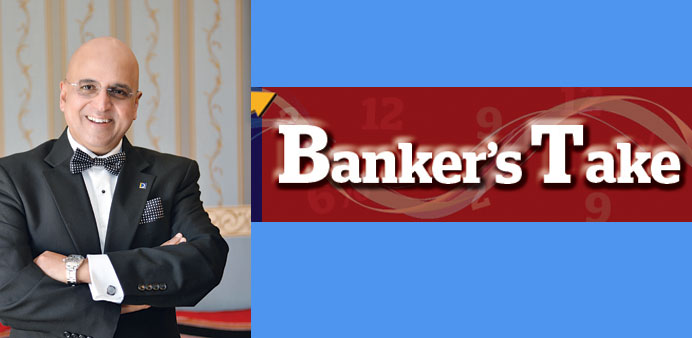WTI was at $61.44 a barrel and Brent was at $67.62 a barrel by end of last week. WTI had surged by more than 12% YTD in 2017 and Brent surged by close to 18% in 2017. WTI crude oil prices averaged $51 a barrel in 2017 and ended the year $6 higher than at the end of 2016.
Brent prices have moved up $10 a barrel since the end of 2016 and ended the year at close to 67 a barrel, widening the Brent-WTI spread to more than $5 a barrel at the end of the year, the largest difference since 2013. The Opec agreement to curtail crude oil production in 2017 and subsequent extension of that agreement through 2018 tightened crude oil supplies, which put upward pressure on crude oil prices.
The geopolitical tensions also increased the price of WTI and Brent. Oil prices last hit $80 a barrel in in November 2014. Both WTI and Brent collapsed from above $100 per barrel in June 2014 to around $30 per barrel in January 2016 due to weak demand. Natural gas price is at $2.795/mmbtu by end of last week. It is down by 11% YTD in 2017. Natural gas prices are selling off due to cold weather.
Gold price was at $1319.59/ounce by end of last week and silver was at $17.22/ounce by end of last week. Gold surged by more than 13% YTD in 2017 and silver by more than 6% YTD in 2017.
Gold steadied around a 3-1/2-month high as they doubt that the Fed will hike rates as much as they said they will. That provides a more attractive environment for gold. Gold is highly sensitive to rising US interest rates because they increase the opportunity cost of holding non-yielding bullion while boosting the dollar, in which it is priced. Gold also benefited from safe-haven purchases.
The US dollar was at 91.949 by end of last week. Dollar recovered after minutes from the Fed’s December policy meeting had initially bolstered expectations for more increases in US interest rates.
Copper was at $7078.50/tonne by end of last week and had surged after a jump in China’s imports of the metal in November boosted expectations of stronger demand from the top consumer. It has surged by close to 28% in 2017.
Aluminium price was at $2188/tonne by end of last week and the bullish sentiment in the aluminium market was reinforced by news that China’s government has criticised officials in the industrialised province of Shandong for deceiving authorities to evade capacity cuts in the polluting coal, steel, aluminium and chemical sectors. It had surged by more than 27% in 2017.
Nickel price was at $12,487/tonne by end of last week and had surged by more than 25% in 2017. The global factory boom also gave boost to nickel and other commodity prices. With factories around the world humming, demand for raw materials is fast increasing.
In one of the strongest signs of the rebound in manufacturing activity, Germany, whose economy is underpinned by manufacturing giants like Volkswagen AG and Siemens AG, reported recently that its unemployment rate fell in December to a record low. The composite of PMI reports from around the world had reached the highest since February 2011.
Corn price was at $3.51/bushel by end of last week. It had fallen by close to 12% YTD in 2017. Wheat price was at $4.31/bushel by end of last week and had fallen by more than 11% YTD in 2017. Soybean was at $9.61/bushel by end of last week and had fallen by more than 2% YTD in 2017. Despite the drop in agricultural commodities prices in 2017, the freezing weather in the US, the world’s top producer of agricultural commodities is helping to increase the price of wheat and other grains.
Cocoa was at $1889/tonne by end of last week and is down by more than 17% YTD in 2017. Coffee was at $128.45/pound by end of last week and has fallen by more than 16% YTD in 2017.
Sugar was at $15.17/pound and has fallen by more than 21% YTD in 2017. The concerns about big harvests of sugar and cocoa due to favourable weather conditions helped drag down the prices.
The dollar index was at 102.78 by beginning of 2017 and had fallen to 91.949 by end of last week. The weakness in dollar in 2017 also gave some boost to commodities.
*The author is Group CEO of Doha Bank.

Dr R Seetharaman
